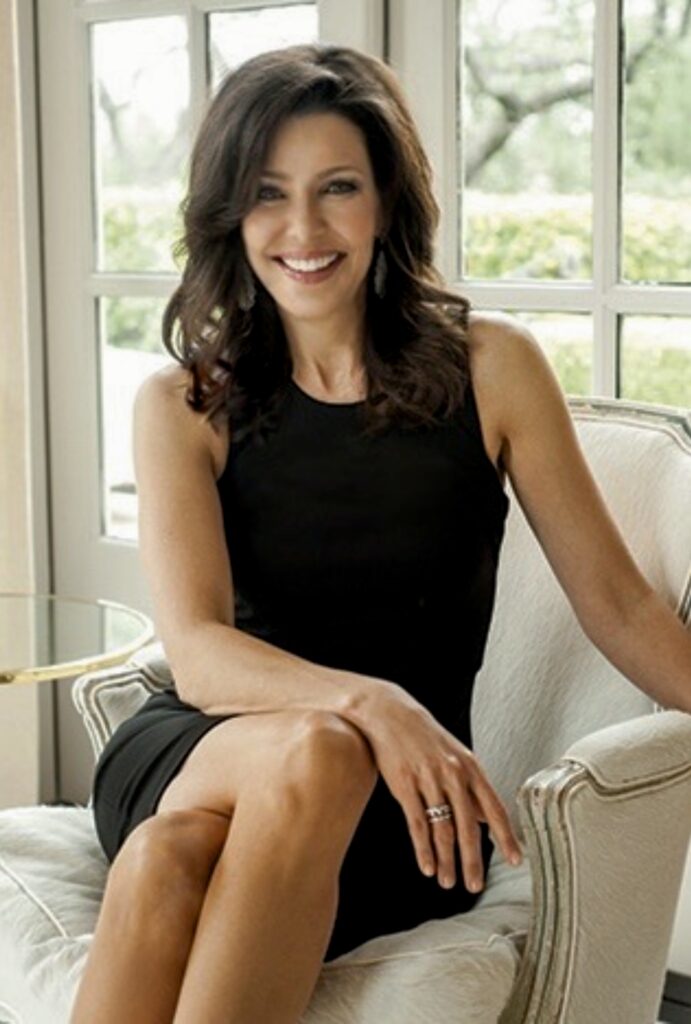In Austin, female founders get only one percent of all venture capital allocated annually.
The lack of funds to fuel female-founded ventures is a major problem in Austin, holding back the creation of new jobs and the further development of new and existing businesses.
And it’s not just VC dollars; it’s Small Business Administration loans, grants, angel investment, and other funding options.
That’s the key finding of the Austin Women Entrepreneurs Task Force. Austin Mayor Kirk Watson commissioned the task force to create a report with recommendations to support female founders in Austin.
Carla McDonald, an entrepreneur, led the 21-person task force, which met for nine months and conducted interviews and surveys with a variety of female founders to learn about their challenges and find solutions. McDonald recently discussed the task force’s report, which they gave to the Mayor last month on the Ideas to Invoices podcast.
“One of the key learnings that came out of this is that many people don’t understand that there is a problem until these statistics and the data were made available to them,” McDonald said.
McDonald said Mayor Watson wanted the information to ensure that all members of the Austin community are participating in the city’s economic prosperity. She said the goal is to make Austin the best city in the country for women to start and build businesses.
This is a major problem worldwide, not just in the United States. McDonald said women entrepreneurs struggle far more than they should in terms of access to capital and other equity issues.
Out of the hundreds of women entrepreneurs that the task force spoke with, McDonald said the top three biggest hurdles to success were access to capital, access to a broader, more helpful network, and access to affordable office space and affordable childcare.
McDonald said that access to a network is more than just access to mentors. Women entrepreneurs are looking to build meaningful relationships with people who can help them build their businesses, make introductions, and suggest partners.
“So, what our women entrepreneurs are feeling is a roadblock there because they’re working in a culture built on a male-dominated technology platform that has been the definition of the Austin entrepreneurial ecosystem for a very long time,” McDonald said. “And it’s also something to be very proud of. It’s what has put us on the map in many ways, but the sort of danger is that many of these men have known each other for decades, and they’re working together. They’re funding each other’s businesses and helping one another, and it’s not as though they’re locking women out or attempting to lock women out, but they’re just not meeting them. There are not those opportunities to integrate the entrepreneurial community, so what’s happening is that women are hitting these walls.”
As a result, women form networking groups with other women, but McDonald said those groups will not integrate women into the broader entrepreneurial ecosystem.
McDonald said the task force recommended the number one solution on the capital front: a Small Business Administration Women’s Business Center. She said such centers exist in Dallas, Houston, and San Antonio but not Austin.
“That’s just wrong,” McDonald said. “We absolutely must have one here, and while we can’t prove causation or connection between things, I will tell you that in doing our research what we found is that SBA loans nationally, 21% of women are getting SBA loans, which by the way disparity is no good either right but we’re under indexing on those even here in Austin at 19%, and women here are getting their loans or $530,000 on average versus men in Austin any loans of $750,000.”
McDonald said only 1% of all VC capital in Austin goes to women founders despite the fact that Austin ranks number six in the nation in deal value and deal count. So there seems to be a problem there, too.
“But I like to look at the SBA loan number because not all companies are VC-fundable,” McDonald said.
The women’s entrepreneur report looked at three kinds of entrepreneurs: small business entrepreneurs so that’s the woman who owns a food truck or a hair salon or a laundromat; growth-oriented entrepreneurs so who are the ones trying to build the next big software Unicorn and looked at aspiring entrepreneurs so the women who have ideas, but they don’t know what to do next with those ideas,
McDonald said the 1 percent of venture capital going to female-founded companies is the kind of statistic that shows you that something is really not working here.
“Because we are, in my view, the most exciting and dynamic entrepreneurial capital in the country,” she said. “There is so much going on here. There are so many terrific resources. We have so many incredible people. There is so much capital here and there are also tons and tons of really nice people here, so I don’t think this is anything that has to do with anyone trying to lock women out. I just think people are not aware of this problem, and so many of our recommendations are designed to raise awareness.”
“The report has 12 recommendations, and if you are in the private sector, the nonprofit sector, higher education, city government, or policy in any way, shape, or form, you can play a role in one or more of those 12 recommendations.”
McDonald said if people want to get involved, they can reach out through the task force email at awetaskforce@gmail.com. The full report can be found here.
The full podcast is listed below, or you can download it on Apple, Spotify, Amazon, or wherever you get your podcasts.

